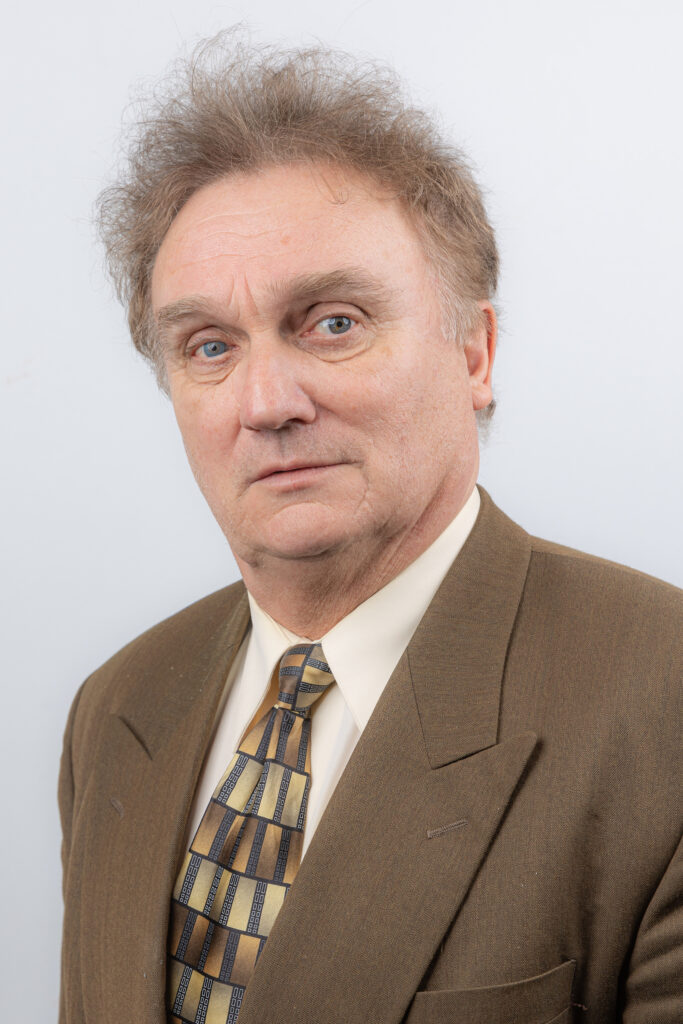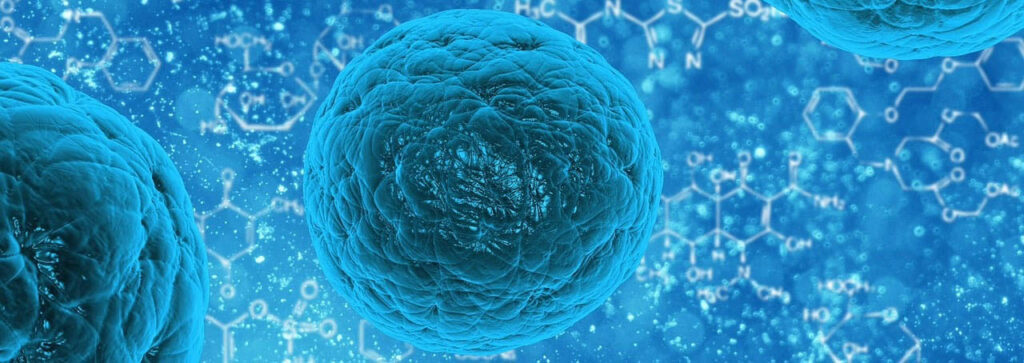Research leader name
Prof. Dr. Árpád Tósaki

The main aim of the research direction, during the past more than four decades, includes the mechanisms of cardiovascular diseases focusing on the myocardial ischemia/reperfusion-induced injury, such as the development of cardiac arrhythmias, heart failure and sudden cardiac death in animal models. Processes of necrosis-, apoptosis- and autophagy-induced signalings and cell deaths were investigated, using various pharmacological interventions to improve the myocardial function. Several pharmacological interventions (Research and Development: R and D) were studied on the prevention of necrotic, apoptotic and autophagic induced cell deaths in nondiabetic and diabetic myocardium. If a pathological mechanism could be prevented by a pharmacological intervention, the physiological function of the myocardium can be regenerated, preventing cellular deaths and improving the quality of the life and health care system. The current research major aims supported by the HUN-REN-TKI DE project (2022-2027) are the investigation of the effects hydrogen sulfide (H2S), which plays a basic role in cardiac protection by regulating various redox signalings associated with myocardial ischemia/reperfusion (I/R) induced injury. This new research direction includes to study a newly synthetized H2S-releasing nonsteroid anti-inflammatory agents, e.g., ibuprofen derivative, and a vitamin C-H2S donor compound and their pharmacological characterization in the ischemic/reperfused myocardium. Furthermore, an additional goal of the HUN-REN-TKI DE project is to investigate the effect of a new cannabigerol compound on three different cell lines of melanoma tumors. This new cannabigerol compound (LE-127/2) was synthetized in 2023 at the University of Debrecen, and its antitumor activity would be studied on three different cell lines of melanoma.
Downloads



